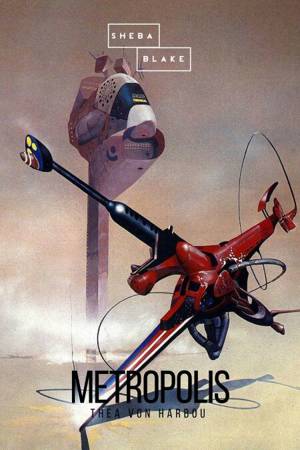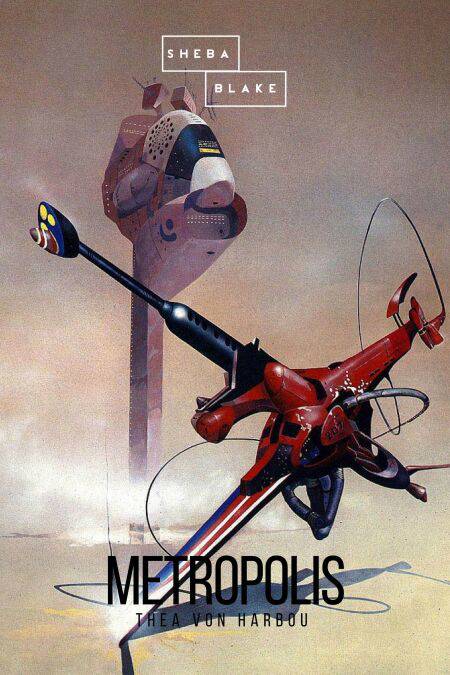
- Afhalen na 1 uur in een winkel met voorraad
- Gratis thuislevering in België vanaf € 30
- Ruim aanbod met 7 miljoen producten
- Afhalen na 1 uur in een winkel met voorraad
- Gratis thuislevering in België vanaf € 30
- Ruim aanbod met 7 miljoen producten
Zoeken
Omschrijving
Metropolis is a novel by the German writer Thea von Harbou. The story is set in 2026 in a technologically advanced city, which is sustained by the existence of an underground society of labourers. The son of one of the city's founders falls in love with a girl from the underground society, as the two societies begin to clash due to the lack of a unifying force. The novel was the basis for Fritz Lang's 1927 film Metropolis. The novel was serialised in the magazine Illustriertes Blatt in 1925, accompanied by screenshots from the upcoming film adaptation. It was published in book form in 1926 by August Scherl. An English translation was published in 1927. Michael Joseph of The Bookman wrote about the novel: "It is a remarkable piece of work, skilfully reproducing the atmosphere one has come to associate with the most ambitious German film productions. Suggestive in many respects of the dramatic work of Karel Capek and of the earlier fantastic romances of H. G. Wells, in treatment it is an interesting example of expressionist literature. ... Metropolis is one of the most powerful novels I have read and one which may capture a large public both in America and England if it does not prove too bewildering to the plain reader."
Specificaties
Betrokkenen
- Auteur(s):
- Uitgeverij:
Inhoud
- Aantal bladzijden:
- 181
- Taal:
- Engels
Eigenschappen
- Productcode (EAN):
- 9783961894178
- Verschijningsdatum:
- 23/04/2017
- Uitvoering:
- E-book
- Formaat:
- ePub

Alleen bij Standaard Boekhandel
+ 2 punten op je klantenkaart van Standaard Boekhandel
Beoordelingen
We publiceren alleen reviews die voldoen aan de voorwaarden voor reviews. Bekijk onze voorwaarden voor reviews.







